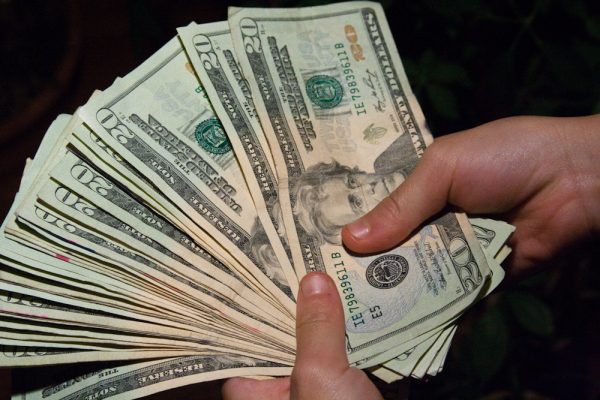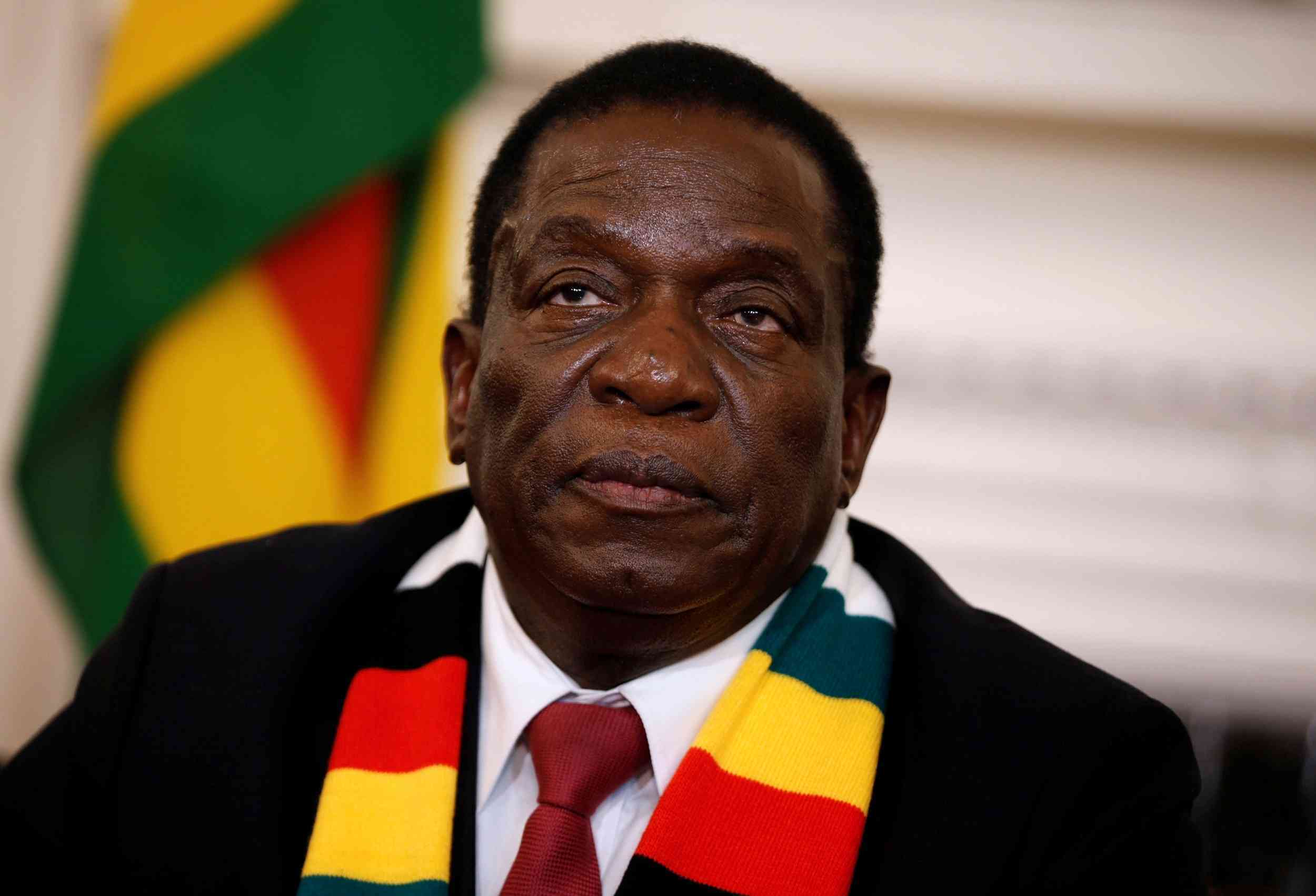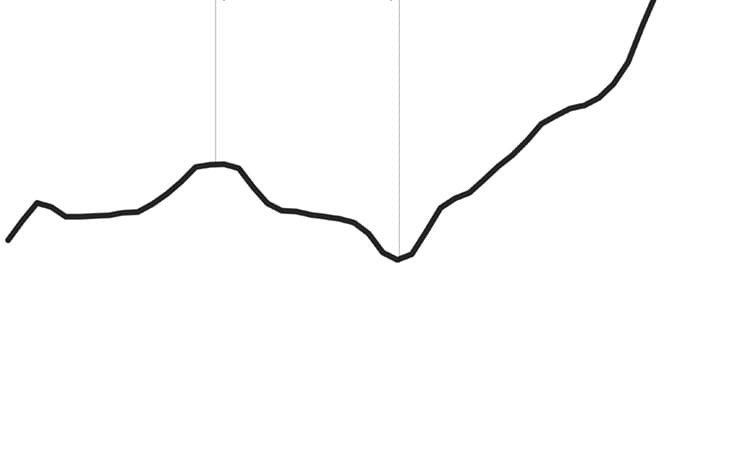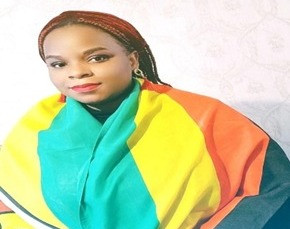
THOUSANDS of people were yesterday left stranded after failing to access their money as the cash crunch continues to worsen in Harare and other major cities across the country, amid heightened fears of a massive economic decline similar to the one witnessed in 2008.
BY TATIRA ZWINOIRA/VICTORIA MTOMBA
Depositors, who intended to travel for the long weekend due to Workers’ Day on Sunday and a public holiday on Monday, failed to access their money from mostly locally-owned banks.
Long and winding queues formed at most banking halls in Harare as desperate depositors spent the better part of the day trying to access their monies, with financial institutions putting caps on how much each customer could withdraw. Reserve Bank of Zimbabwe governor John Mangudya said the long queues at the banks were an indication of the rise in demand for the United States dollar (USD) as it had substituted all other currencies such as the rand, the pound and the euro, which were in use at the introduction of the multi-currency system in 2009.
“The shortage of the USD in the country as evidenced by queues at some banks indicates that the demand for foreign currency is higher than its supply. This is attributable to a number of factors which include the dysfunctionality of the multi-currency system as the country is now predominantly using the USD for almost all transactions,” he said in Harare yesterday.
Mangudya said the strong USD had also resulted in Zimbabwe becoming a high-cost producing country and an expensive tourist destination.
A survey by NewsDay in the central business district (CBD) showed many disgruntled clients who looked exhausted as they had been waiting since morning to access their monies from the banks.
POSB recorded the largest number of people at their Causeway branch, with up to 600 clients queuing.
- Chamisa under fire over US$120K donation
- Mavhunga puts DeMbare into Chibuku quarterfinals
- Pension funds bet on Cabora Bassa oilfields
- Councils defy govt fire tender directive
Keep Reading
A group of people who were seated near a pavement, said they had waited since 10am in the morning up to 3pm.
“We have been here since 10am and they have not told us anything as yet. We plan to come here first thing in the morning in case we do not get anything today,” one of the men, who identified himself as Sam, said.
“The are limiting withdrawal to $100 only. We are yet to see anyone who has managed to access money from their accounts.” At another queue at CABS at the corner of Jason Moyo Avenue and Park Street, another depositor, who identified himself as Tendai, said the bank was giving out money, but that the queue was not moving.
“I have been standing here since 10am in the morning and I am yet to receive anything. The queue started in front of Construction House and is somehow moving slowly. They are giving people money at a cap of $300,” Tendai said.
The story was the same at many other banks in the CBD, where shattered and often worn-out people were standing for a long time.
Other banks that were capping their withdrawals were ZB Bank and FBC Bank, both at $200.
The crisis stems from a high trade deficit, lack of investment and unfavourable policies.
The cash crisis started in June last year, with the each passing month recording lower levels of cash in the market.
But the recent shortage was as a direct result of lower investments and a trade deficit of $323 million in the first quarter of the year, as imports came in at $490 million during the same period against $167 million exports.
Also, funds in the bank’s nostro accounts were being depleted by the high demand of money on the market.
However, while these were the underlying issues, the government lost financial confidence from the investors due to a push by Indigenisation minister Patrick Zhuwao to implement the controversial black economic empowerment laws, which required that foreign-owned companies with a $500 000 capital base cede 51% shareholding to locals. Analysts say the country would need a $5 billion cash injection into the economy to keep it liquid.











